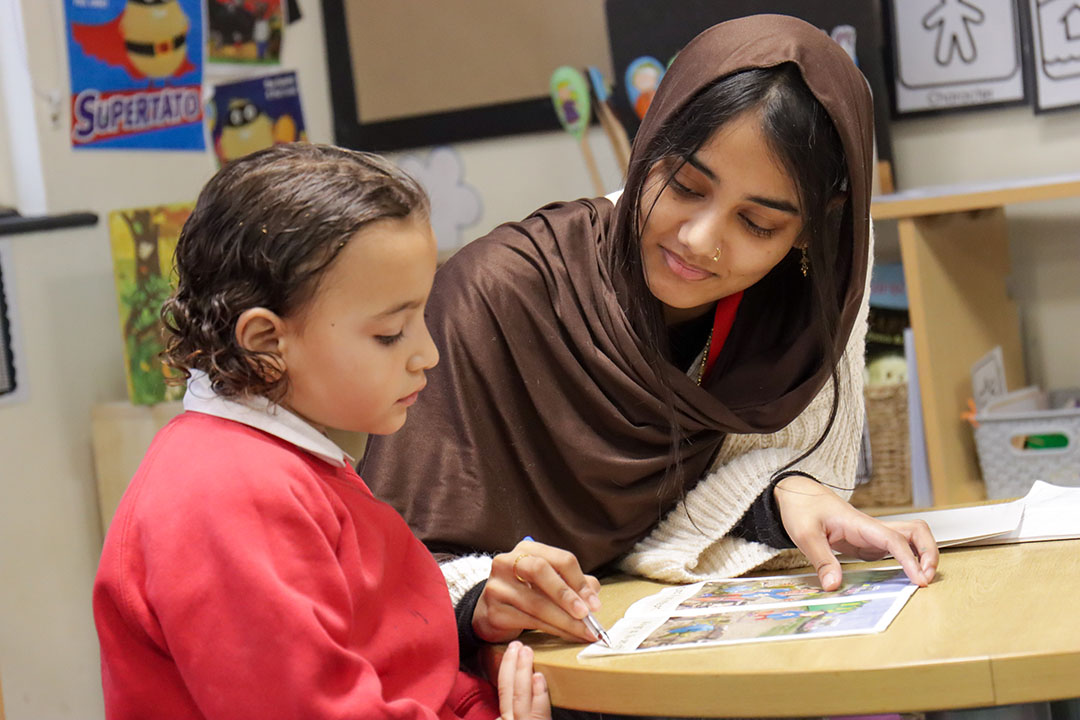
Fluency is the bridge between decoding and comprehension. Once pupils can decode words accurately, the goal is for them to read automatically, smoothly, and with expression, freeing cognitive capacity for understanding and critical engagement with the text. At Legacy Learning Trust, we ensure that all of our schools focus on building these foundational skills systematically and deliberately.
All Legacy Learning Trust schools:
- Ensure that decoding mastery leads to fluent reading. Pupils who have mastered phonics apply their skills to increasingly complex texts.
- Provide daily opportunities for fluency practice. These include paired reading, choral reading, echo reading, and repeated reading of familiar texts.
- Model and guide practice. Teachers explicitly model fluent reading, demonstrating phrasing, intonation, and expression. Pupils hear and imitate expressive reading, gradually internalising prosody and rhythm.
- Link fluency to comprehension. Pupils practise reading aloud texts that contain rich vocabulary and complex sentence structures, supporting simultaneous development of comprehension skills.
- Monitor pupil progress and provide targeted support for pupils at risk

Sounds Write or Read Write Inc. (RWI), are the two evidence-based phonics programmes currently adopted by our schools. These programmes are tailored to meet the developmental readiness of pupils and are supported by continuous professional development for staff, ensuring that teachers have the knowledge and skills to deliver high-quality phonics instruction consistently.
Phonics lessons are taught explicitly every day from Reception onwards, in sessions that are brisk, engaging, and cumulative. Each lesson follows a clear, consistent structure: starting with a review of previously learned sounds, introducing and teaching new material, providing guided practice, and offering opportunities to apply the learning.
Through this carefully sequenced, systematic approach, pupils acquire the foundational skills that underpin fluent, confident reading, enabling them to access the full breadth of the curriculum with enjoyment and understanding.
